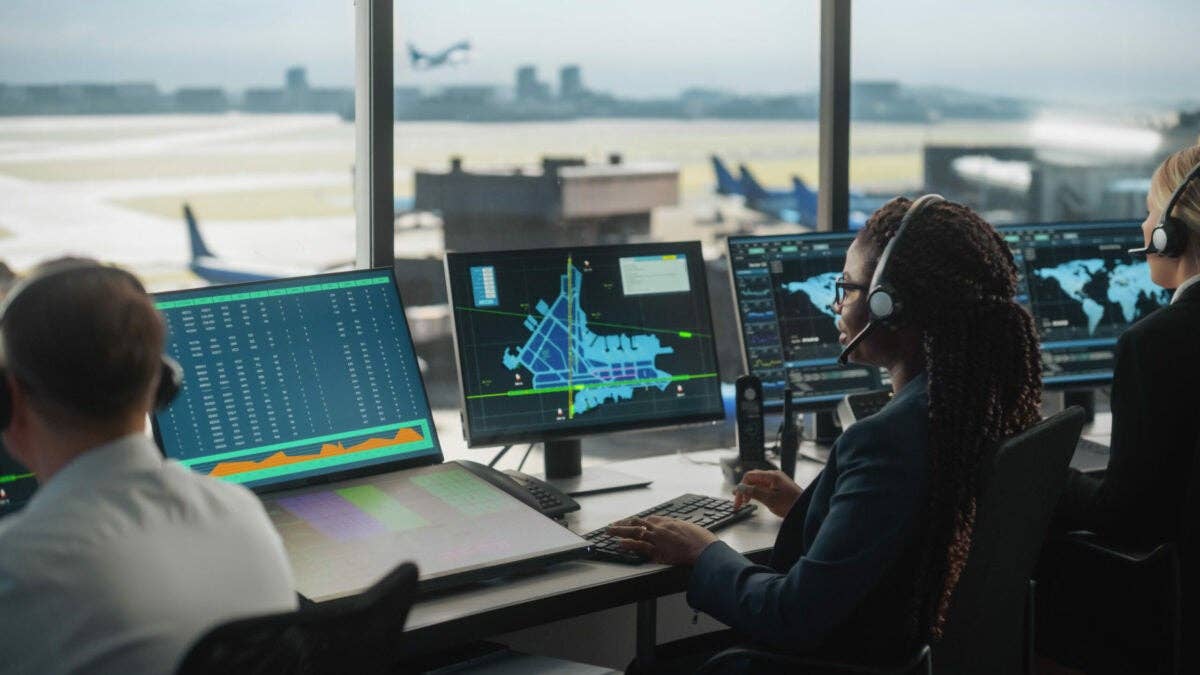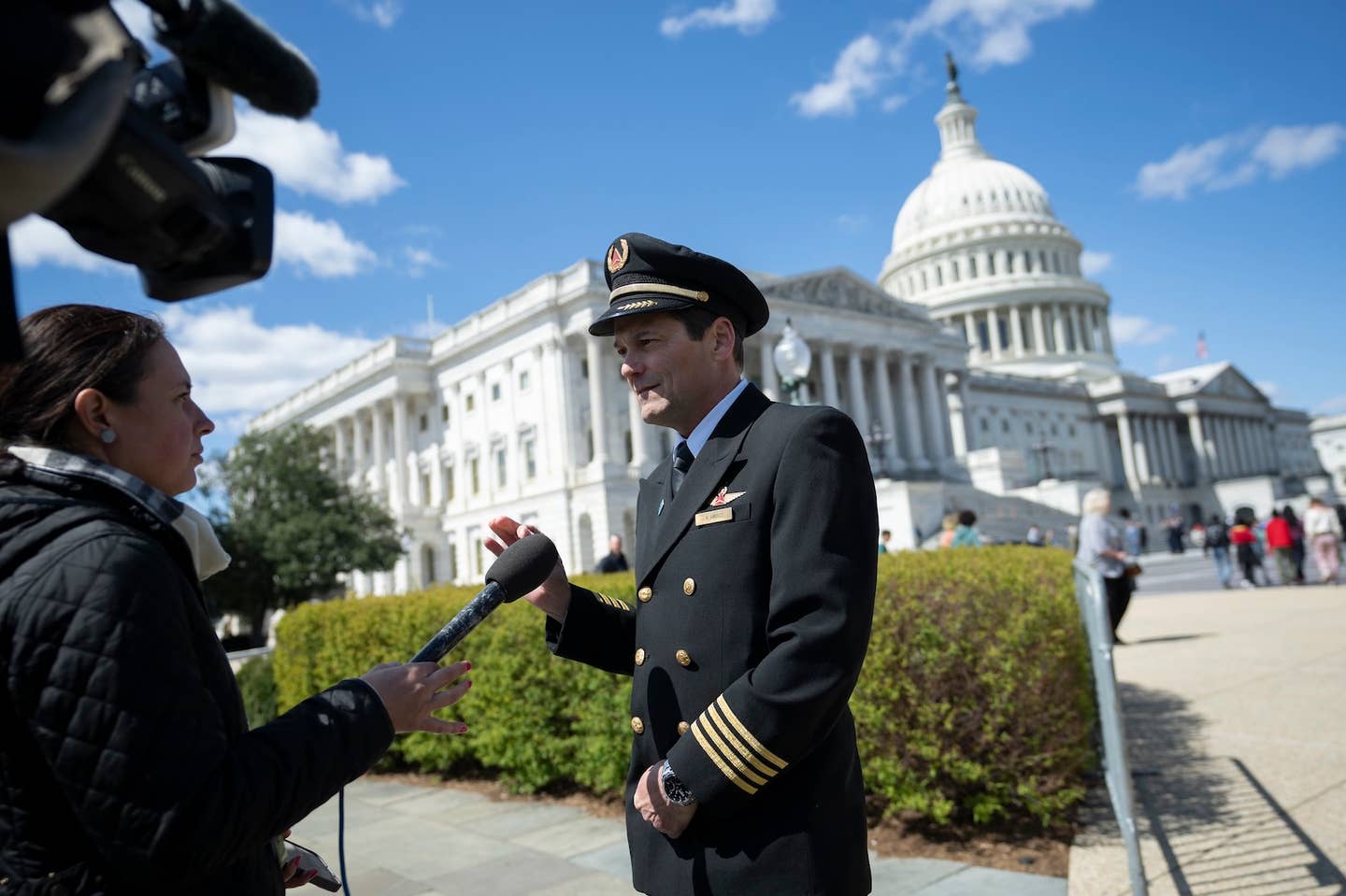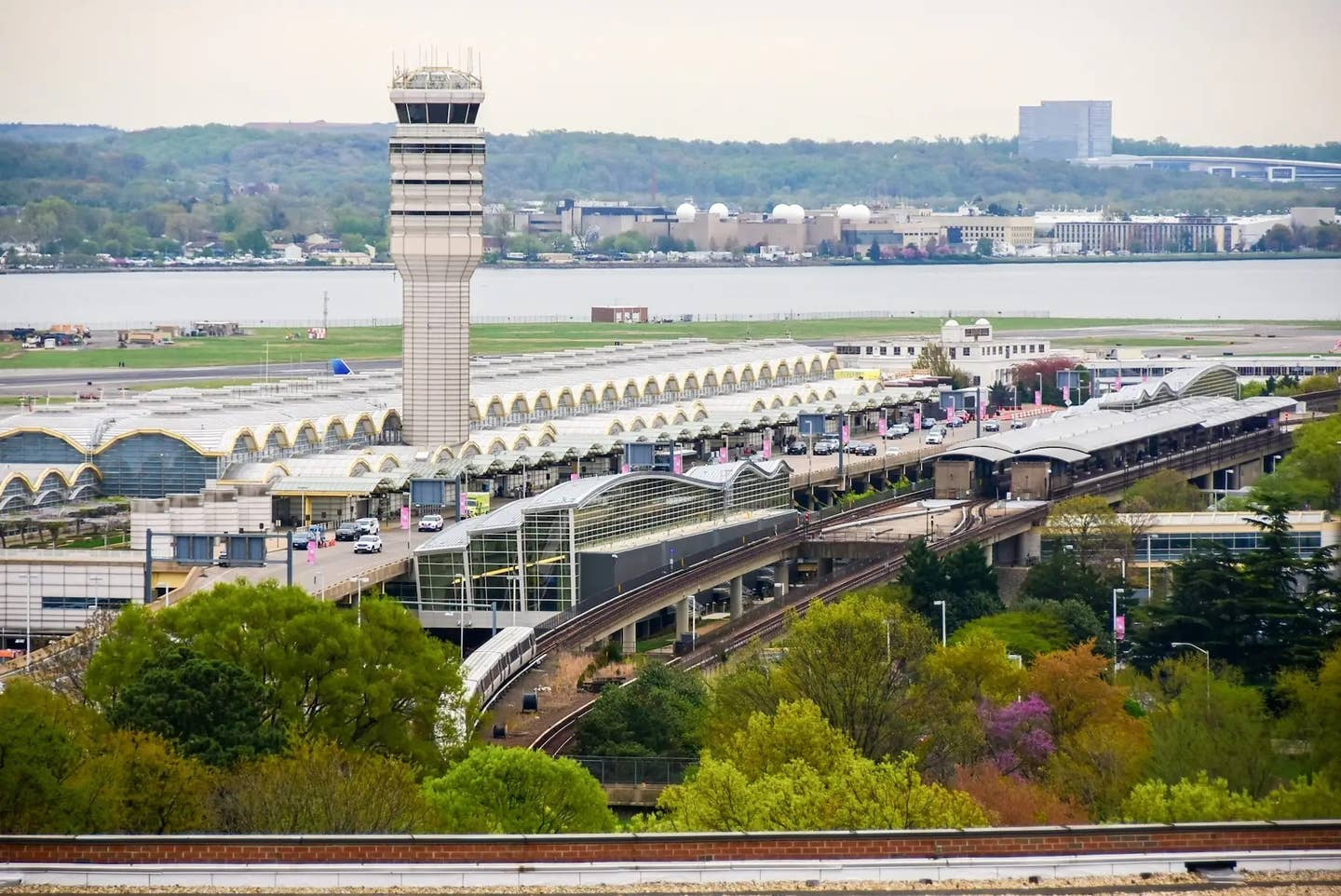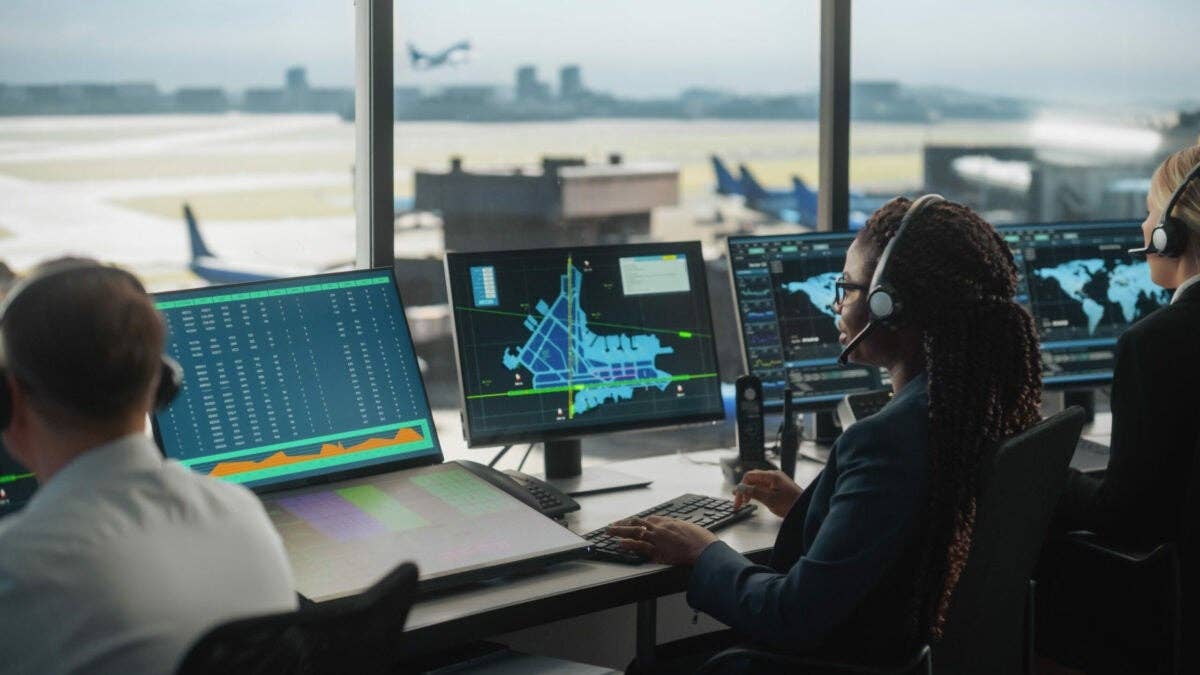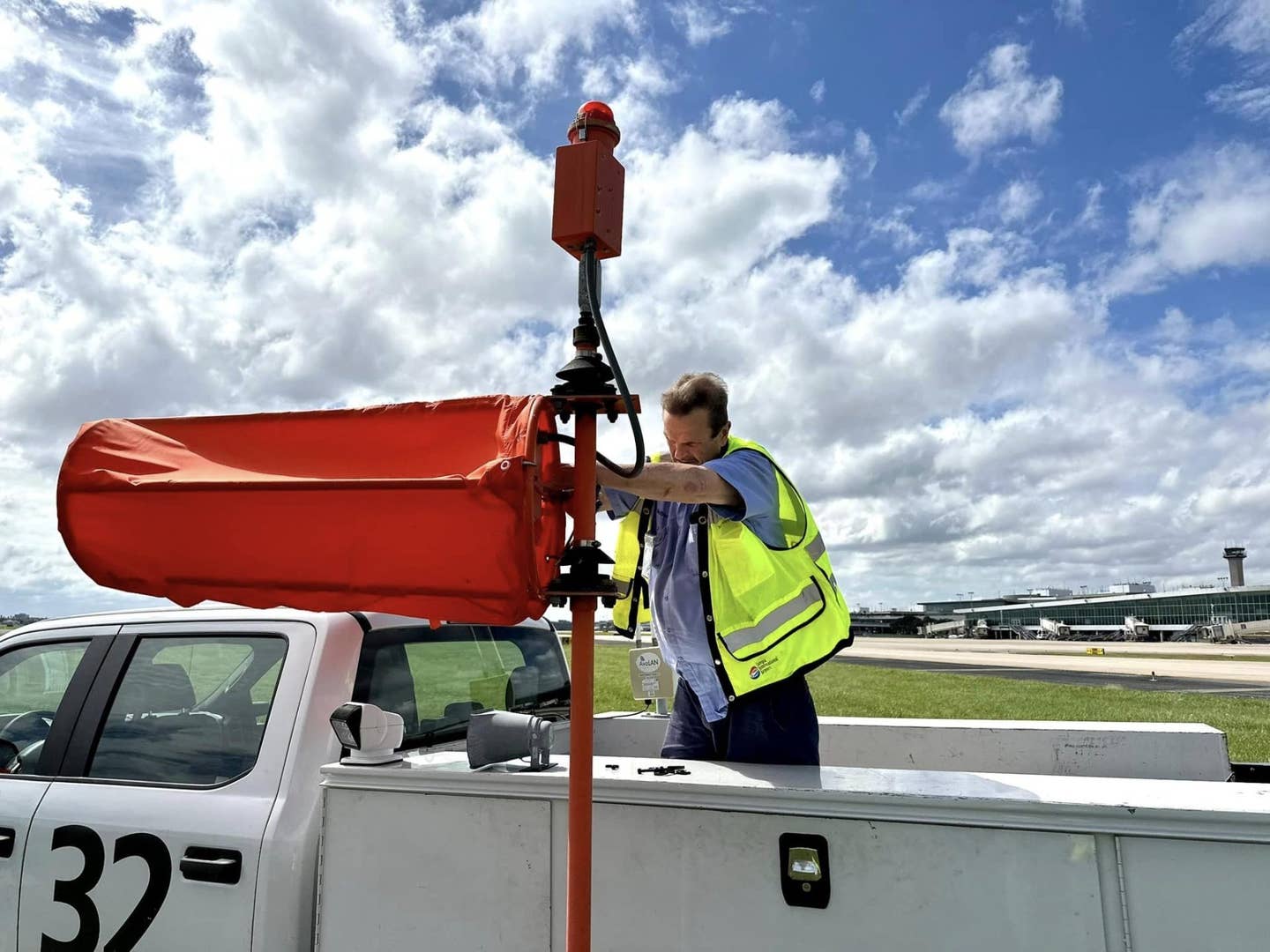How to Become an Airport Firefighter
First responders serve a vital role in facility and tenant safety.
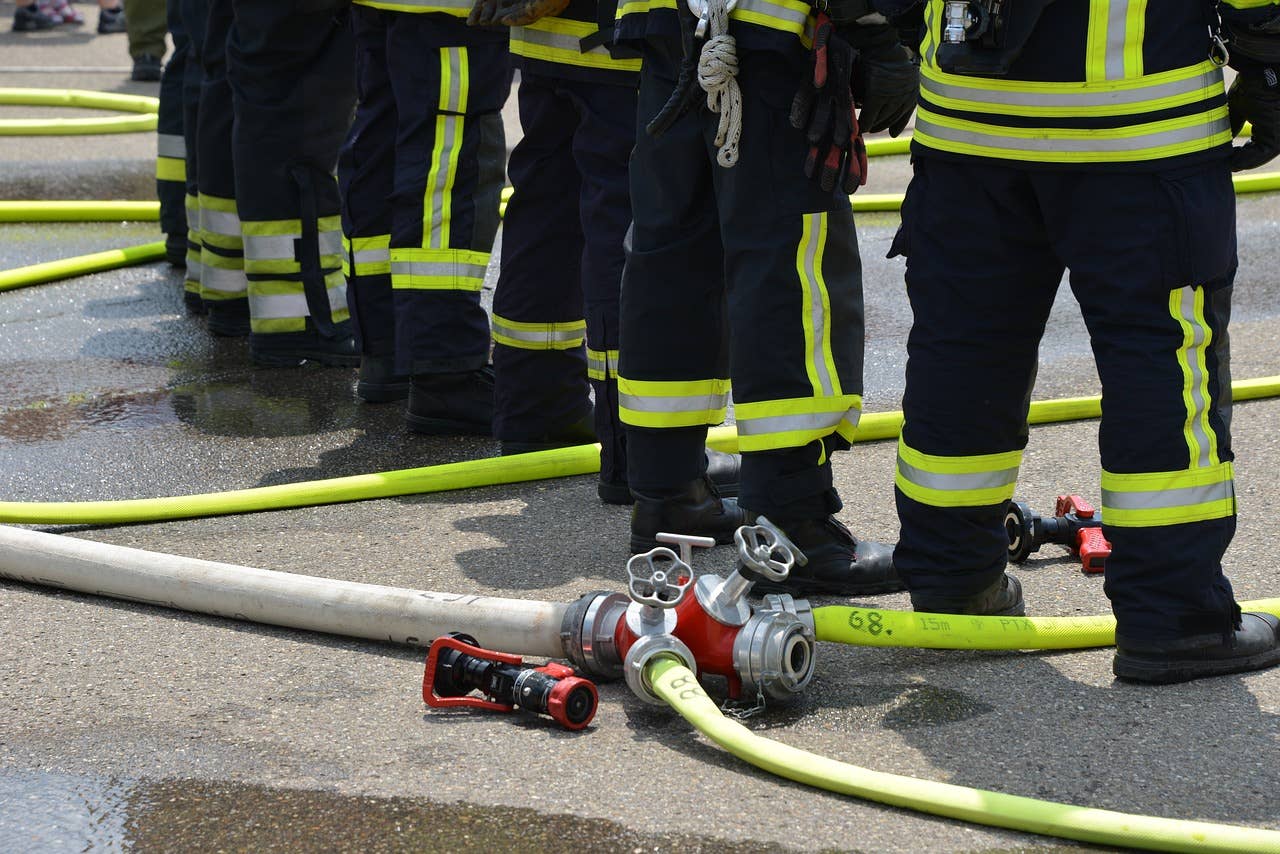
Airport firefighting is a highly specialized operation that requires special training. [ Credit: Michael Schwarzenberger/ Pixabay]
Firefighters play a critical role in maintaining the safety of an airport and its tenants.
They respond to aircraft emergencies to ensure passengers stay safe no matter what, and they can respond to medical emergencies across the airport to ensure good health for all.
Different airports handle their firefighting operations differently. Most airports have fire units under the jurisdiction of municipal fire departments, though many have distinct units to handle airport operations.
Either way, airport firefighting is a highly specialized operation that requires special training, equipment, and preparation to carry out safely.
Firefighter hopefuls must meet a certain selection of basic requirements to be eligible.
- READ MORE: World’s Most Unusual Pilot Jobs
All airport firefighters must have a high school diploma or GED and pass a fitness test. Of particular importance is cardiovascular health, strength, and endurance to make sure you meet the demanding physical requirements of firefighting.
Firefighting Prerequisites
Many airport fire departments also require applicants to have some firefighting experience and certification already.
Though specific requirements can vary, you may need to have Firefighter II and CPR certification to be considered. Other departments require a certain amount of documented firefighting experience before you can join the airport’s operation.
There are a number of ways to achieve this basic certification.
Some people join volunteer fire departments to gain experience and certifications. In some places, airport units fall under the same department as the wider municipal department. In that case, the only way to get assigned to the airport is to spend time with the broader department. Airports tend to be senior units assigned to the most experienced, longest-tenured members.
- READ MORE: Careers in Airport Snow Management
There are often a number of prerequisites that firefighters must meet just like any airport, airline, or aviation employee. Firefighters are subject to drug testing and must pass a background check completed by the Transportation Security Administration.
Airport-Specific Training
Once you meet the basic requirements to become an airport firefighter, you need to accomplish specialized training on getting around airports, and handling airplanes and flammable materials like fuel.
One type of training an airport firefighter needs is Aircraft Rescue and Firefighting (ARFF) certification. This training covers aircraft systems, aircraft firefighting techniques, rescue operations, evacuation procedures, and accident management.
Hazardous materials (hazmat) training is also required. It teaches firefighters to identify and contain hazardous materials and to mitigate its risk. It can also teach decontamination procedures and appropriate response protocols.
There are also highly specialized training programs, covering things such as how to drive fire trucks and how to do so at an airport. Equally as important is operating the equipment on the trucks. In addition, there is officer and leadership training to ensure quality leadership for safe operations.
Firefighter Duties
The day-to-day operations of airport fire departments vary based on the size of the department.
Larger airports with more aircraft operations tend to be more active than smaller airports. Midsize general aviation airports, which often serve significant business jet and flight school traffic, will have dedicated fire units despite their smaller size. The smallest airports will not have departments at all and will rely entirely on municipal services.
Smaller airports may even require their firefighters to perform household duties at the fire station, such as cleaning hoses and equipment as well as general upkeep. Some require basic airport maintenance.
Airport firefighter salaries start at about $36,000 and can top out above $70,000 for more experienced firefighters at bigger airports. They also tend to receive benefits such as insurance, retirement plans, and pensions.
Firefighting can be an incredibly rewarding job. Keeping passengers, crews, and aircraft safe brings incredible meaning and purpose.
Big or small, firefighters carry out heroic tasks and bring great value to airports.

Sign-up for newsletters & special offers!
Get the latest FLYING stories & special offers delivered directly to your inbox


